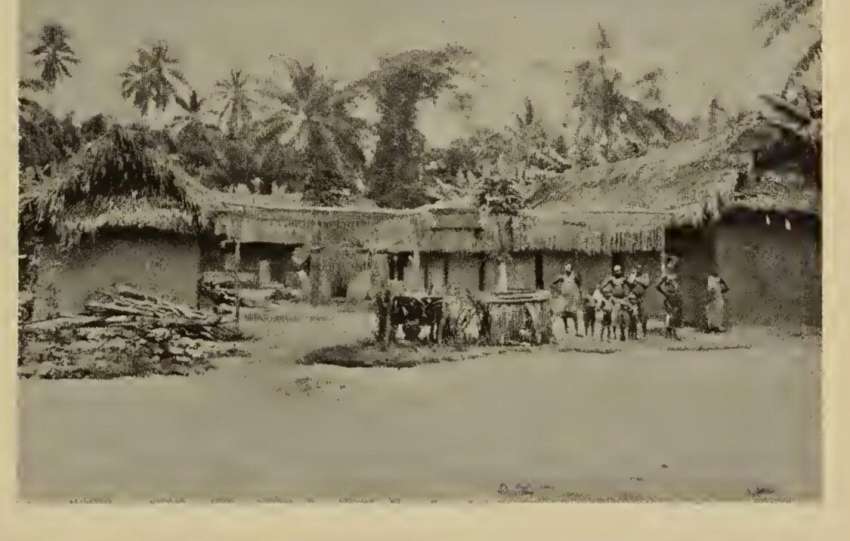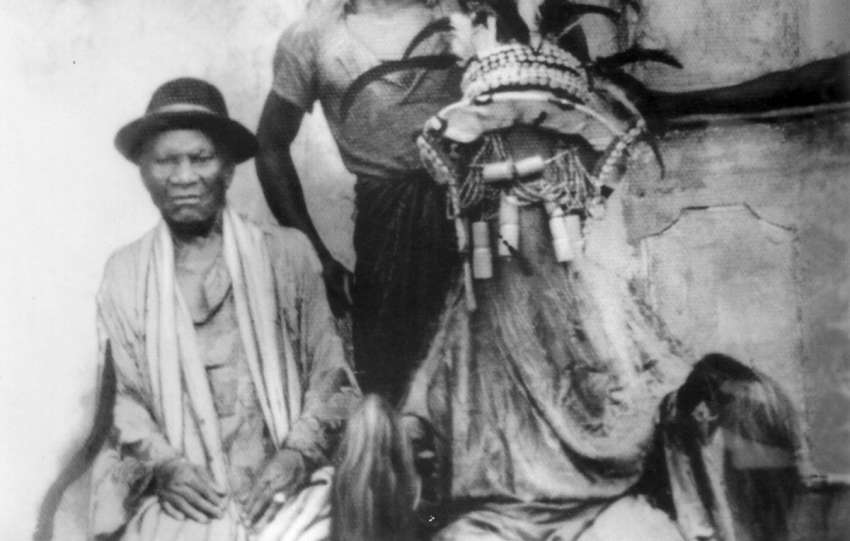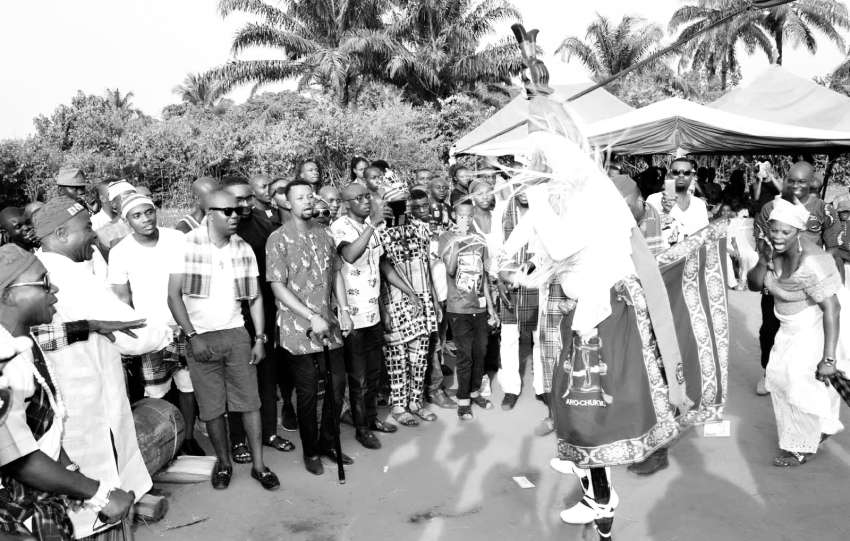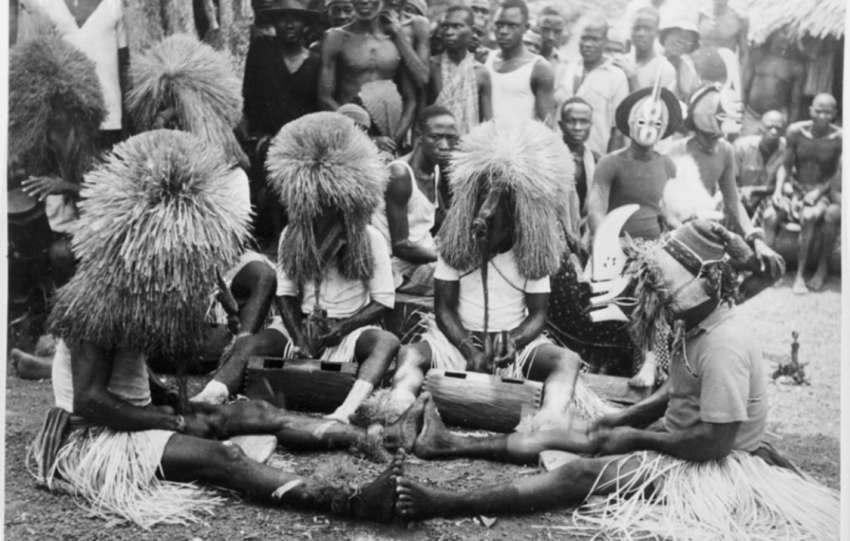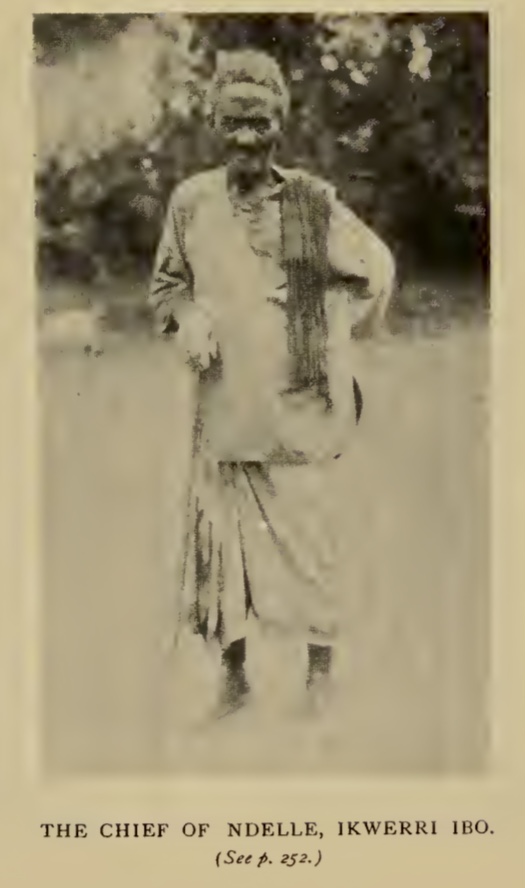
In Percy Amaury Talbot’s book The Tribes of the Niger Delta (1932), he explores various groups in the Niger Delta region of Nigeria, including the Ikwerre-Igbo. Talbot, a British colonial administrator and anthropologist, documented the customs, governance, and social structures of several tribes in this area, offering an outsider’s view of their traditional leadership and culture.
The Chief of Ndelle is mentioned as a figure within the Ikwerre-Igbo community, part of Talbot’s wider ethnographic study. In Ndelle, as in many other communities Talbot observed, the role of the chief was multifaceted, blending political, judicial, and spiritual responsibilities among every Igbo tribe he had contact with. Talbot describes the chief of Ndelle as a respected figure who played a key role in maintaining social order and handling communal matters such as conflict resolution, overseeing religious ceremonies, and managing land disputes.
One unique aspect of the Ndelle chief’s role, according to Talbot, was his involvement in spiritual matters. The chief often acted as a liaison between the living community and their ancestors, and in some cases, was considered to have a direct connection to the gods or spirits that watched over the community. This spiritual responsibility set the chief apart from other leaders, grounding his authority in both earthly and supernatural realms.
In the broader context of the Niger Delta, Talbot also highlights the complex interactions between different ethnic groups, such as the Igbo, Kalabari, and Okrika, whose distinct traditions influenced one another. He noted that the Ikwerre-Igbo and their chiefs had to navigate these interactions, balancing their own cultural heritage with the external pressures from neighboring tribes, European colonial administrators, and Christian missionaries.
The title “chief” in these communities could vary in its meaning and power depending on the region “Nye-nwe-eli”. For example, while chiefs in more centralized kingdoms like the Kalabari might wield more political power, chiefs among the Igbos like the Ikwerre, Etche, Oratta and (Ottam) Ndoki were often more symbolic, sharing power with councils of elders and other community leaders. Nevertheless, the Chief of Ndelle retained significant influence within his community, particularly in religious and social matters.
The term “chief” held various meanings and levels of influence across the region. For instance, while chiefs in centralized areas like the Kalabari wielded significant political authority, chiefs among the Igbos, such as the Ikwerre, Etche, Oratta, and Ndoki, shared power with councils of elders and other local leaders. Nonetheless, the Chief of Ndelle maintained considerable influence, particularly in spiritual and social matters, as a respected custodian of community traditions.
References:
Talbot, P. A. (1932). The tribes of the Niger Delta: Their religions and customs. Oxford University Press.
Njoku, J. E. (1990). The Ikwere of eastern Nigeria under British colonial rule (1900–1960). University Press of America.
Osae, E. O. (1971). Chiefs and society in Igboland: Studies in Igbo society. University of Nigeria Press.
Onwuejeogwu, M. A. (1981). An Igbo civilization: Nri kingdom and hegemony. Ethiope Publishing Corporation.
Uchendu, V. C. (1965). The Igbo of Southeast Nigeria. Holt, Rinehart, and Winston

